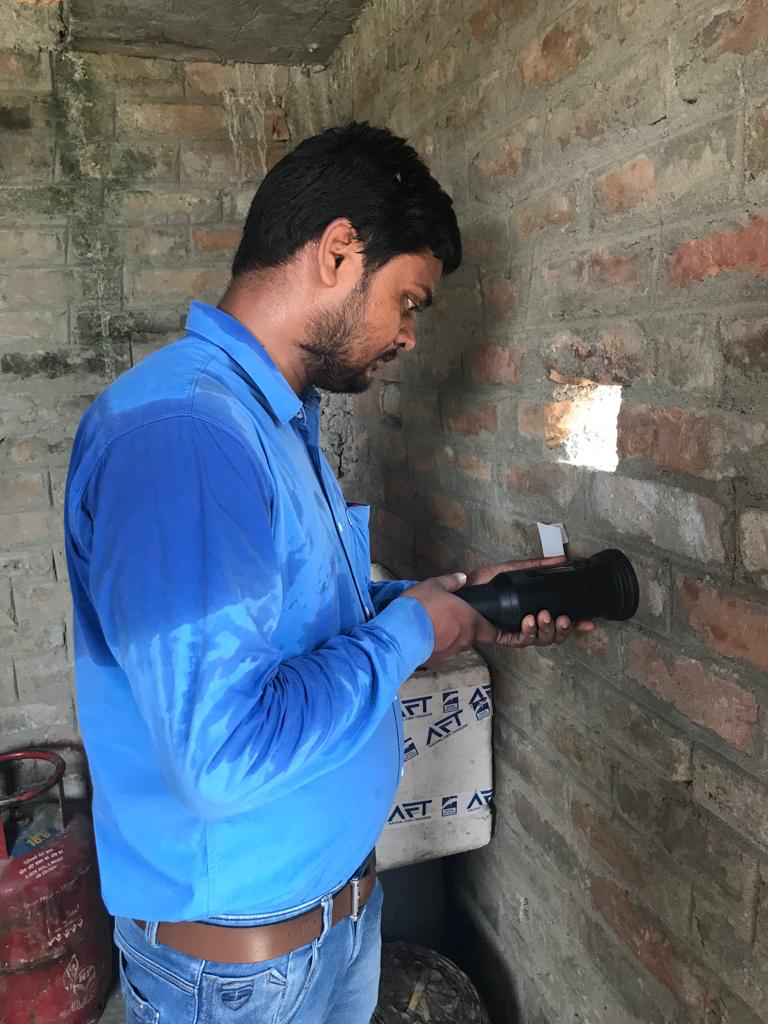
LSTM Department of Vector Biology has signed an agreement with the All-India Institute of Medical Sciences, Patna, for future research projects for six vector-borne diseases: leishmaniasis, filariasis, malaria, dengue, chikungunya and Japanese encephalitis, which are prevalent in Bihar, eastern India.
A Memorandum of Understanding has been signed by Professor (Dr.) Gopal Krishna Pal, Executive Director, AIIMS Patna, and renowned entomologist and LSTM vector-borne disease expert Dr. Michael Coleman, to enable the partnership to move forward and thrive, equably.
LSTM Senior Lecturer in Vector Biology, Michael Coleman, was instrumental in getting the agreement signed and says: This is great news as it will be beneficial to the work my team does but also our strategic and industry-focused partnerships. We have been working with iiCON (the infection Innovation Consortium) to develop the LF Sensor, a new non-invasive diagnostic tool that leverages sensor technology to overcome some of the world’s deadliest vector-borne diseases like malaria and visceral leishmaniasis. Liverpool John Moores University has led the development of the sensor through the “Non-Invasive Diagnostics Platform” work stream.The technology is currently being tested in India.”
A number of postgraduates and senior residents were invited to a guest lecture by Dr. Coleman, at the Department of Community and Family Medicine, where he discussedthe range ofexciting projects that LSTM and Indian colleagues are working on, which will be enabled by this agreement. Dr. Coleman also visited the Leishmaniasis Research Cell for the ongoing Kala-azar surveillance project at AIIMS Patna, as part of the important agreement.
The photo shows the IRS-sensor in use, by Niteen Sharma, LSTM staff in India, measuring the amount of insecticide on a surface after indoor residual spraying to eliminate visceral leishmaniasis.